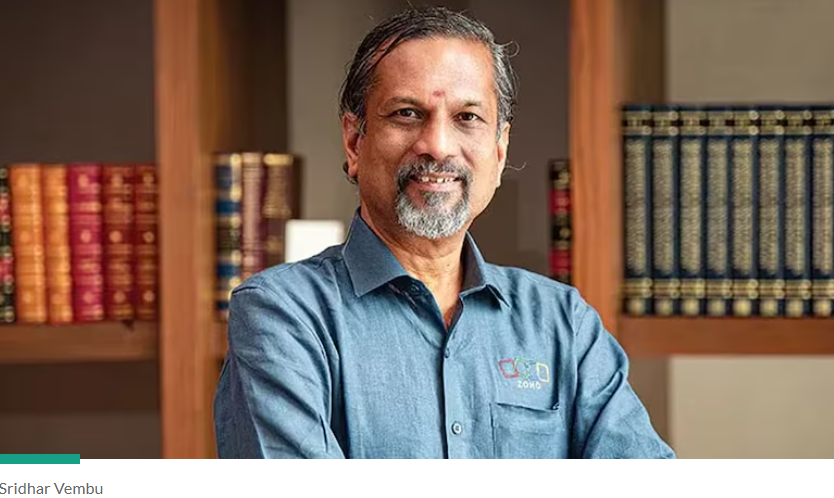India can no longer afford to lag in foundational technologies, warns Zoho founder Sridhar Vembu. Drawing on hard lessons from global dynamics, Vembu argues that decades of misguided economic counsel—especially from Western-trained economists—have left India vulnerable in a new era where technology itself can be weaponized.
The Alarm Bell: Technology, Trade & Risk
Vembu says that India must double down on critical technology investments so that no system can be turned into a weapon against the country. “When we import, we should also export something equally valuable,” he says, urging parity in technological trade. He contends that advice from economists trained at Columbia, Chicago, and Harvard misled India to emphasize services and import advanced systems, ignoring the strategic risks.
He describes the international order as built on a “monetary illusion,” where financial systems mask inherent instabilities. The 2008–09 crisis, he claims, exposed cracks in this illusion—but resulting reforms failed to correct them. In the current U.S.–China trade tension, he sees deeper structural issues emerging: “One is a massive exporter, the other a massive importer—you cannot sustain that forever.”

From Trade Deficits to Strategic Self-Reliance
Vembu pushes for balanced trade rather than persistent deficits or surpluses. He believes that India must reclaim autonomy in essential technologies—artificial intelligence, semiconductors, critical materials—so the nation isn’t at the mercy of global powers.
His remarks arrive at a time when the Indian government is following a dual approach to AI: welcoming foreign investment and operations, while simultaneously supporting indigenous capability-building. Officials from MeitY have emphasized India’s “open” yet “inclusive” approach to global tech companies, even as the country strengthens its internal infrastructure.
Why This Matters
- Strategic sovereignty: Reliance on foreign tech can create vulnerabilities—if a supplier becomes adversarial, the dependent country could be coerced or cut off.
- Long-term resilience: Investing in core technologies now gives India a chance to lead, not lag, in emerging domains.
- Global leverage: As India builds its own capabilities, it can demand more equitable trade terms rather than being a passive consumer.




Leave A Comment